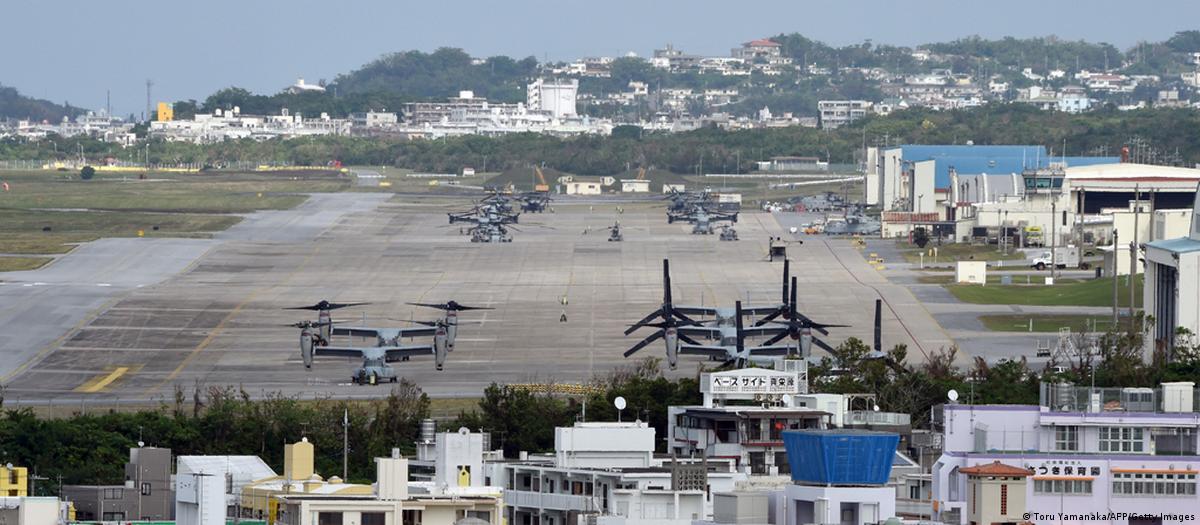TOKYO, July 5 (Xinhua) — U.S. Yokota base in Japan’s western Tokyo area has acknowledged three incidents of leakage involving foam fire extinguishers containing per-and polyfluoroalkyl substances (PFAS), a group of organic fluorine compounds that raise health concerns, local media reported.
It marked the first time that the U.S. military has acknowledged such leakage of foam fire extinguishers at Yokota Base, Japanese newspaper Asahi Shimbun reported.
The incidents took place in January 2010, as well as in October and November 2012, and involved leakage from storage containers and drums, according to the news report.
The U.S. military claims that there was no recognition of any outflow outside the base, although they have not provided detailed information regarding the amount leaked, said the newspaper.
The revelation came to light through a liaison council consisting of the local government and municipalities in the vicinity of the base, which received the information via the Ministry of Defense and made it public on Wednesday.
Also on Wednesday, the liaison council requested the national government to conduct an investigation into the impact on groundwater, along with providing detailed information on the locations and quantities of the leakage incidents.
In the Tama region where the base is located, elevated levels of PFAS have been detected in some wells used for drinking water.
While the extent of health effects caused by PFAS is still not fully understood, a citizens’ group conducted blood tests on 650 residents starting in 2022, and among them, 55 individuals exceeded overseas standards considered indicative of health risks in terms of PFAS concentration.
The leakage incidents at Yokota base raised concerns among local residents and authorities regarding potential groundwater contamination and its impact on public health.
Further investigations and measures are anticipated to address this issue and ensure the safety of the affected areas. ■













